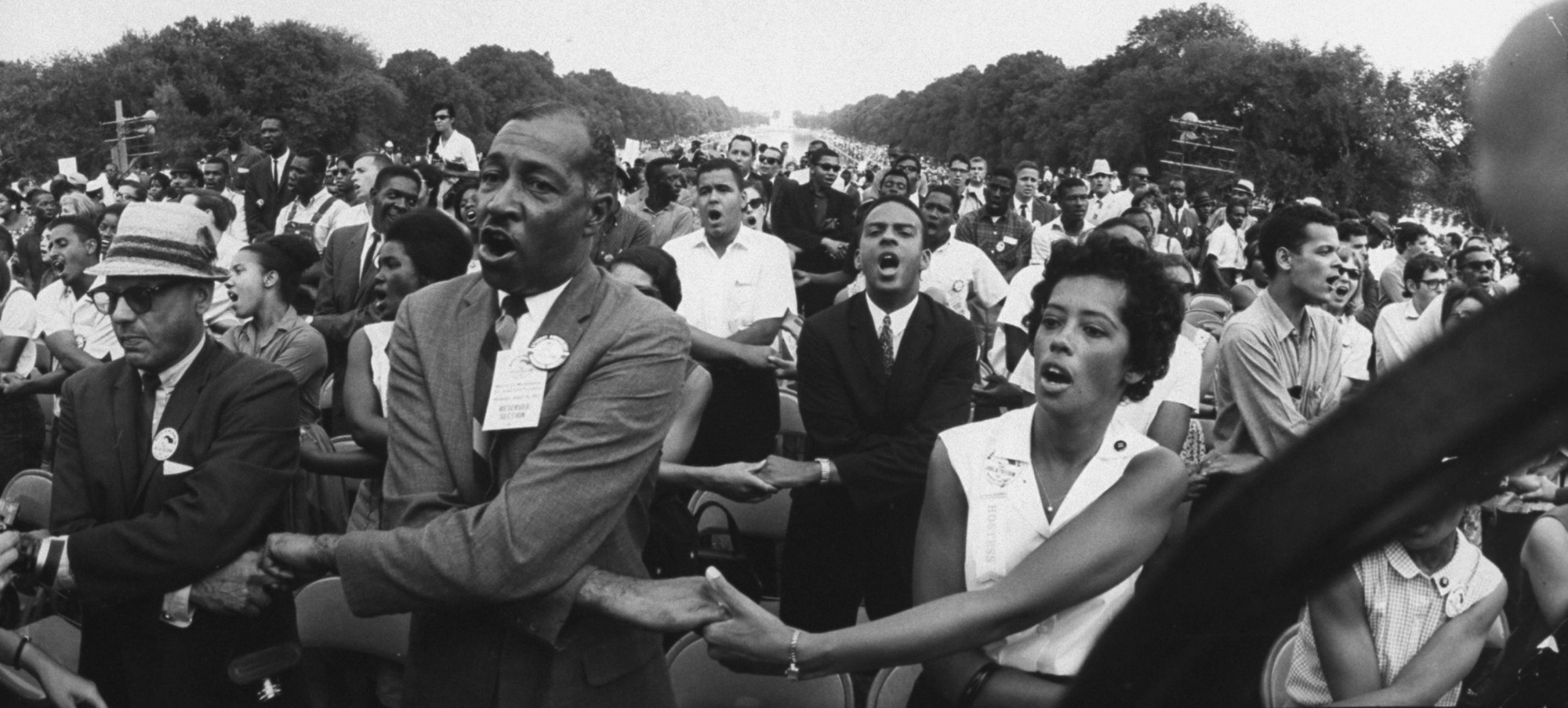Excerpt from: Financing Black Progress, Part 2: A Self-Reliance “Marshall Plan”: Creating a National Resource-Pooling Fund:
“…Thus, to overcome the barrier of prospective investors’ skepticism and distrust as to whether their contributions will be well-utilized, a nonpartisan and nonideological (or perhaps centrist) organization that is sponsored and managed by highly accomplished and reputable people, and is unencumbered by ideological and political baggage, would be best able to convince large numbers of African Americans to invest in the [resource-pooling] EXCEL Fund.
Clearly, a group of talented, motivated, and dedicated entrepreneurial visionaries who have strong credibility and proven records of accomplishment, and who engender trust and confidence, would be able to generate interest and enthusiasm among the black population and jump-start/run such a fund.
Call them the “Black Progress Innovators” (BPIs). And, of course, they exist in large numbers.
A few BPIs may be well-off enough to pool sufficient funds to jump-start the Fund all by themselves. However, most are more likely to have limited personal wealth. Such BPIs would pool whatever limited amounts of their own they can afford and, perhaps with supplementary contributions from other individuals and/or foundations, obtain the seed money for financing the initial groundwork required to get the organization started. They would prepare a credible and compelling business plan that spells out realistic goals and how the Fund will work to achieve them. Then, because they have unblemished reputations and strong records of achievement and demonstrated competence, they would be able to convince as few as five prominent and accomplished public figures to lend their credibility, prestige, and imprimatur to the effort…”
Know a few BPIs? Let us know!
For more on how “Black Progress Innovators” can create an EXCEL Fund or similar initiatives, see: Financing Black Progress, Part 2: A Self-Reliance “Marshall Plan”: Creating a National Resource-Pooling Fund
